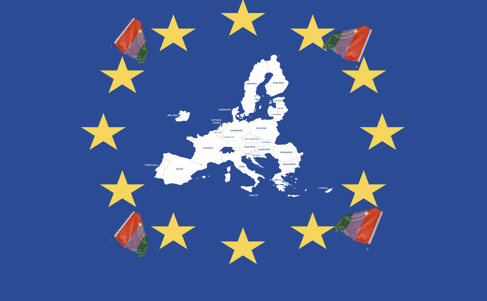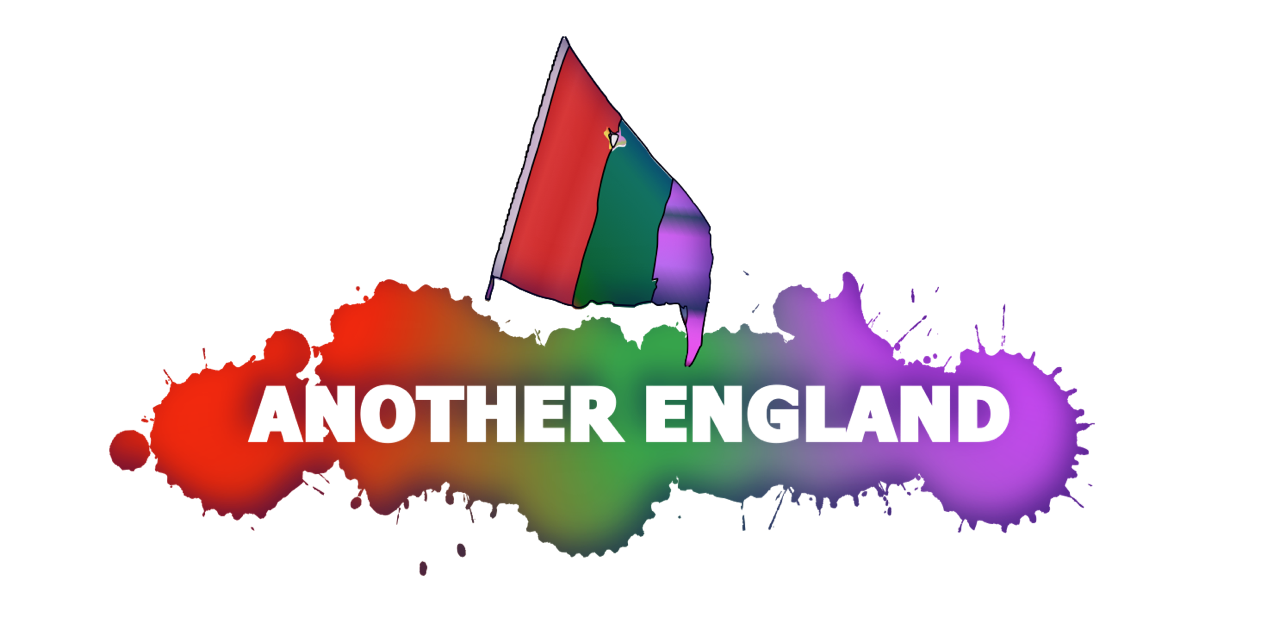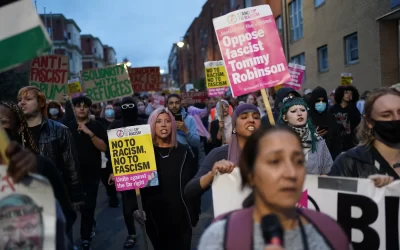
A Country Called Europe |
Do you want to live in a country called Europe? Boris Johnson says ‘No, No, No’ whereas I would give a conditional Yes. If Europe was a fully democratic country it would be infinitely better than living in the current bureaucratic EU or the more bureaucratic British ‘Crown-in-Parliament’. But of course a democratic country called ‘Europe’ does not exist and we cannot live in it.
Johnson has continued to elaborate the same theme. Now he has been comparing the EU’s aims of uniting Europe with the efforts of Hitler and Napoleon. The EU is “an attempt to do this by different methods”, he says. He is right so far. Europe can in theory be united ‘from above’ by military or bureaucratic means. Napoleon and Hitler tried and failed. The European Union is the bureaucratic attempt. But Johnson does other alternatives.
However he was soon under attack. He had mentioned the taboo word ‘Hitler’ not long after Ken Livingstone had used it. Linking ‘Hitler’ and ‘Europe’ caused grave offence, or, according to Johnson, a media twitter storm. He was told by Yvette Cooper to go and stand on the naughty step. Still it was not as bad as Livingston, who caused John Mann to riot, by mentioning ‘Hitler’ and ‘Zionism’ in the same sentence.
Labour’s Shadow foreign secretary, bomber Benn, said Johnson’s comparison was “offensive and desperate”. He continued “To try and compare Hitler and the Nazis – the millions of people who died in the Second World War, the Holocaust – with the free democracies of Europe coming together to trade and co-operate, and in the process to help to bring peace to the continent of Europe after centuries of war, is frankly deeply offensive.”
Yet Johnson is clearly on to something here. He says “the EU has changed beyond all recognition”. It is a “continuing and accelerating effort to build a country called Europe.” (Telegraph 10 May 2016). Yet in warning us of the grave danger of waking up in a new country he ignores the fact that Cameron has negotiated an exit. Cameron’s dirty little deal ends the UK’s commitment to “ever closer union”. We can never wake up and find our little island is in ‘Europe’.
Voting to remain is not only voting for restrictions on migrant workers but voting to reject a future united democratic Europe. No working class internationalist and democrat should endorse this rotten deal. There is no principled reason to vote for Cameron’s worse EU. Going backwards is the only thing you can vote for on 23 June. Should we reverse fast or slow?
Johnson has not told us the full story. For that we need to look to Trotsky. There are three ways that Europe can be united. In 1915 Trotsky identified the unification of Europe as a result of a German victory in the war. He recognised a union negotiated between imperialist powers, “an imperialist trust of European States, a predatory share-holding association”. He identified a democratic and social revolution in which the working class came to power in one or more of the European states.
Democratic revolution is one thing Johnson forgot to mention. It is the means by which the people take power and establish government of the people, by the people and for the people. In 1830 Germany was fragmented into thirty six petty states, Prussia being the strongest. The German common market, the Zollverein, had begun economic integration.
In 1848 the German people burst into democratic revolution with a popular assembly in Frankfurt. This revolution failed. Twenty years later Germany was being united by military force under Bismarck’s policy of ‘blood and iron’. Present day Europe can be united ‘from above’ or by democracy ‘from below’.
We can live in a republican United States of Europe, but only as a result of popular democratic revolution. Johnson is right in recognising that force is necessary to unite Europe. He is right to say the current EU has stalled and cannot continue without force. But he cannot comprehend what his own class fears most of all. Democratic revolution is the application of force to overcome a blockage. It is a revolution that does not confine itself to Scotland, Spain or Greece but spreads across the very borders that capital has already battered to the ground.






0 Comments